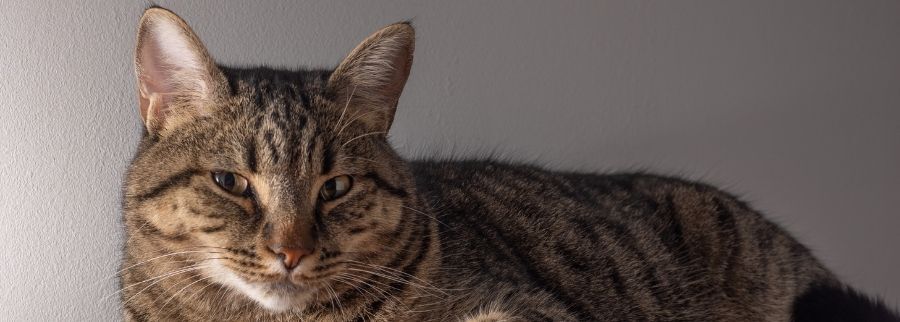

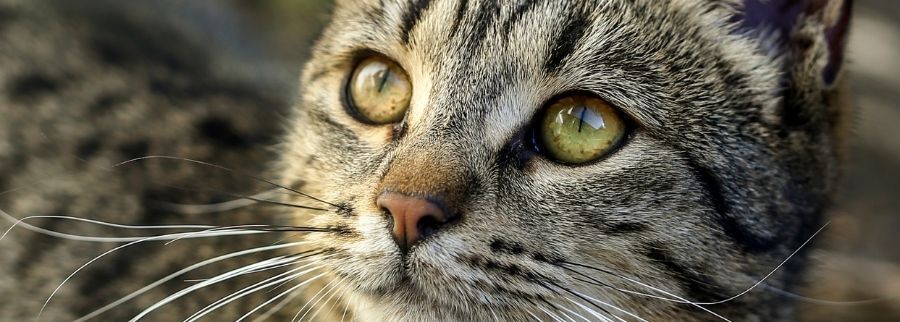

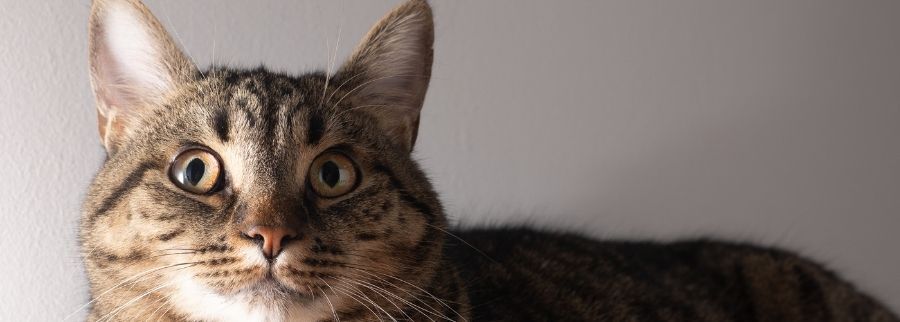

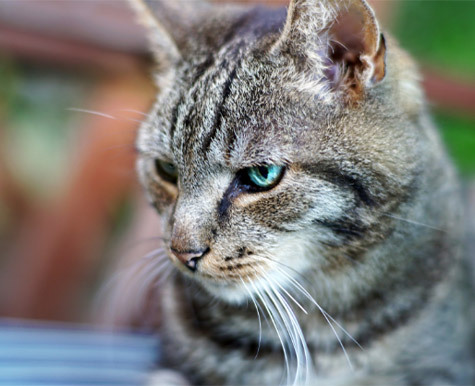
European Shorthair
 Overview
Overview
Overview of European Shorthair
Do you want a cat with continental flair? Meet the European Shorthair cat! They may be the oldest breed of cat found in Continental Europe, with roots going back over 2000 years to Roman legions. It wasn't until the 20th century that breeders decided to try to preserve their beloved house cat and make a pedigreed version in the European Shorthair. Starting as prolific mousers in farms, these kitties have since become very popular house kitties. Their short dense coat means European Shorthair kittens don't tangle as easily, grooming is easier, and parasites don't like them as much! They are the tougher, stockier version of the American Shorthair. Their coats can pretty much be any color or pattern you can imagine and their eye color can range from blue to amber to green. These kitties are a little on the larger side and typically weigh between 8 to 15 lbs.
Common Health Conditions & Recommendations for European Shorthair
Cat anxiety:
Compulsive chewing, scratching, or licking often develops in cats who are bored, stressed, or anxious. This can happen with a sudden change of routine or the addition of a new furry roommate.
Recommendations for Cat anxiety in European Shorthair Cats:
Common Health Conditions & Recommendations for European Shorthair
Lipoma:
Are also known as fatty tumors. These lumps and bumps may show up on your European Shorthair’s body; they may not be cancerous but you will want to get them examined by your vet. Lipomas in cats are more likely to appear in senior or overweight kitties.
Recommendations for Lipoma in European Shorthair Cats:
Common Health Conditions & Recommendations for European Shorthair
Vomiting:
Is a very common problem with cats and may have a variety of causes. Some causes can be related to food allergies, a sensitive tummy, or sudden dietary changes.
Recommendations for Vomiting in European Shorthair Cats:
 Personality
Personality
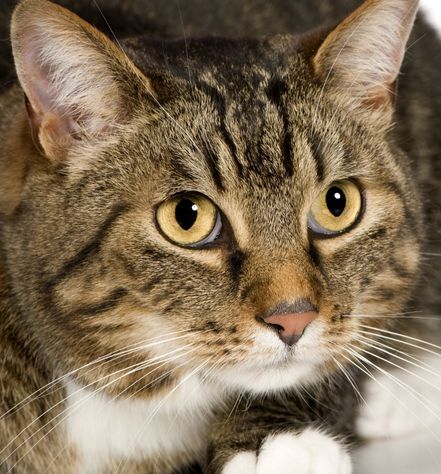
The European Shorthair can be territorial with other cats, but they bond well with their human family members. Because of their strong hunting instinct and resilience, these cats can be both indoor or outdoor pets. They are playful and affectionate, making them well suited for people of all ages, especially children. So if you want a low-maintenance cat who can help deal with insects or rodents around the house, you’d love a European Shorthair cat!



 USD
USD
 Canadian Dollars
Canadian Dollars


